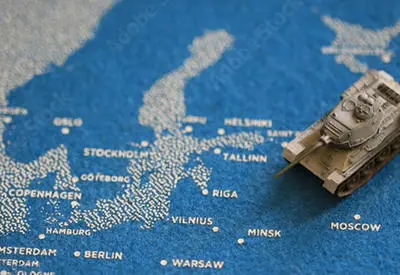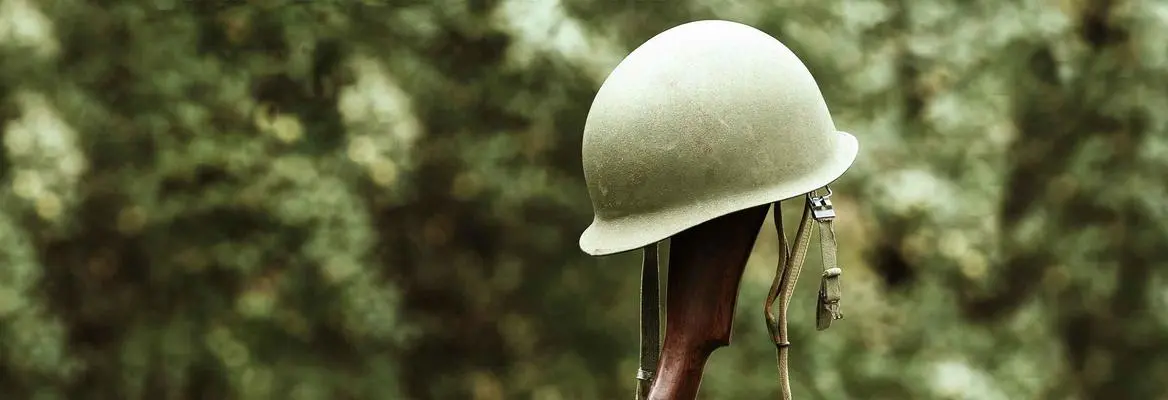How do countries win wars? Better strategy, superior firepower, and leaders’ resolve are obviously all key. However, there is one crucial aspect that is often overlooked/ argues Jacob Ware. Superior morale, whilst seemingly intangible, has been the principal driving force not only behind the Ukrainian success in repelling Russian invasion against all odds, but also a significant amount of war in modern history.
“President. Here.”
Dressed in green fatigues and surrounded by advisers and political leaders, President Volodymyr Zelensky’s message in a video released late on February 25 last year was unequivocal: we are not leaving.
In the early days of Russia’s latest brutal invasion of Ukraine, Kremlin propaganda aimed to break Ukrainian spirit. In one particularly notorious example of Russian disinformation, claims suggested Zelensky was set to flee Kyiv, for safer pastures to the west. Other efforts claimed Ukraine had surrendered. Ukrainians responded by standing shoulder to shoulder and facing the approaching tanks head on. Zelensky stayed, and became a global icon of resilience and resistance.
 SUGGESTED READING
What victory in Ukraine looks like
By Hew Strachan
SUGGESTED READING
What victory in Ukraine looks like
By Hew Strachan
Other stories of Ukrainian valor spread like wildfire on western social media platforms. In the early hours of the war, a Ukrainian woman confronted Russian soldiers, offering them sunflowers. “Take these seeds and put them in your pockets, so at least sunflowers will grow when you all lie down here,” she taunted. In the Black Sea, Ukrainian sailors responded to a Russian cruiser attacking Snake Island, defiantly declaring, “Russian warship, go fuck yourself.” Offered an American exfiltration, Zelensky responded, “The fight is here; I need ammunition, not a ride.”
When Russian President Vladimir Putin ordered his soldiers to cross the Ukrainian border last February, he fell victim to what international relations scholar Stephen Van Evera has called the cult of the offensive — politicians’ and military strategists’ insatiable belief in their own offensive capabilities and in the opposition’s defensive frailties. Troops were expected to enter Kyiv within hours, but found their vehicles too heavy to move on the Ukrainian roads. Some soldiers were even given parade dress, in preparation for a celebratory march through the streets of Kyiv, the invaders expecting to be welcomed as liberators. Seemingly little consideration or respect was given to actual Ukrainian defenses—despite eight years of hard war in the Donbas. Russian military blunders allowed Ukraine to seize the initiative, repelling attacks on major cities and constructing a near-mythical tale of its own resistance—and henceforth skyrocketing morale both in the military and among the citizenry, and, crucially, among nervous allies to the west.
___
When morale is high, militaries can more easily replenish their battalions and warships, and the general public is more willing to undertake the food and energy rationing required to help the war effort
___





















Join the conversation